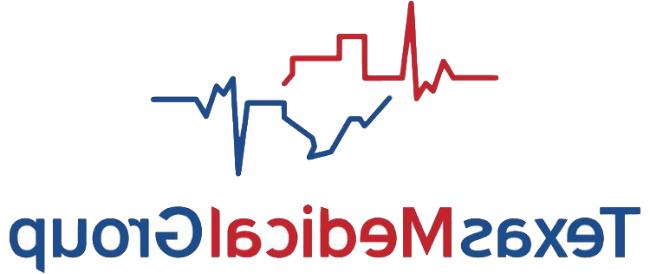
When is a Workers’ Compensation Claim Compensable?
Carefully evaluating workers’ compensation claims is crucial in helping your company save money and prevent fraud. Workers’ compensation is simply a form of insurance that offers employees medical coverage in the event they are injured during a work-related function. 取决于居住的州, it may also give compensation for disabilities sustained or cover rehabilitation costs so the employee can return to the workplace quickly and smoothly.
Workers’ compensation is crucial to protecting employees, but it is often a source of contention among employers because it comes with considerable gray areas. 索赔什么时候可以得到赔偿? 我们如何识别欺诈性索赔? How do we report a claim, and should we report all workplace injuries no matter how serious? This piece is designed to help you determine when—and if—an injury is covered by workers’ compensation.
需求
The claim must meet all five of these requirements in order to be compensable:
1. 发生在你的一个员工身上
The first requirement is in place to ensure it is your employee filing the claim, not an independent contractor or vendor who works for themselves or a third party. Even if the incident occurs on your property, unless it is someone who works directly for you, 索赔是不可赔偿的.
2. 导致受伤或生病
Injury is not the only thing that can potentially be covered by workers’ compensation. Illnesses could also qualify as compensable claims, but only if they are related directly to the job. The illness also must be caused directly by the working conditions to be covered in a workers’ compensation policy. For example, a miner’s contraction of black lung would be compensable in all states. 然而, an employee in an office with a co-worker who smokes would not be eligible for workers’ compensation for treatment of illness due to secondhand smoke.
3. 因就业而产生
This requirement means there must be a direct connection between the injury and the desire or attempt to further the employer’s business. 如果雇主以某种方式受益, 无论是金钱还是其他方面, 从员工的活动, 那么索赔就符合这个限定条件.
4. Occurred in the Course and Scope of Employment
The employee must be at work when the injury occurs. This includes any place or location mandated or expected by the employer. So, when an injury occurs at the employee’s physical everyday work site, that employee must prove he or she was injured while actively engaging in the furtherance of the employer’s business. There is a special provision called the “coming and going rule,” which maintains that benefits are denied for injuries received when traveling to or from work. 另外, injuries arising out of transit from one work site to another, 比如出差拜访客户, 是补偿. This provision also requires that the actions leading to the injury of the employee in question be prompted by the aspiration to further the employer’s business interests.
5. 导致减值和/或工资损失
The injury or illness in question must cause the employee to be impaired in some way and lose wages from not being able to complete his or her tasks completely. It is also a compensable incident if the injury or illness results in impairment but without lost wages, 反之亦然.
识别欺诈性申索
Studies commonly show that roughly 90% of all workers’ compensation claims filed are legitimate. 然而, it is still important as an employer to watch for these red flags that may indicate a fraudulent claim:
- 提交多项索赔
- Longer absences than anticipated by the employee, combined with an unwillingness to return to work
- Unwillingness to be assigned to other, lighter jobs within the company or to complete partial duties
- 经常错过医疗预约
- Employee will not provide date, time or location of the incident that caused injury
- Employee has no recollection of services provided for related medical bills
- 缺乏目击证人的事故或事件
- Employee cannot produce specific information about the nature of the injury
- Employee has a history of short-term employment
If any of these red flags occur, it by no means makes the claim automatically fraudulent. These are simply guidelines to keep employers proactively evaluating the legitimacy of a workers’ compensation claim.
This 工作对比 is not intended to be exhaustive nor should any discussion or opinions be construed as legal advice. Readers should contact legal counsel or an insurance professional for appropriate advice. ©2011,2021 Zywave, Inc. 版权所有.

讨论
目前还没有评论.